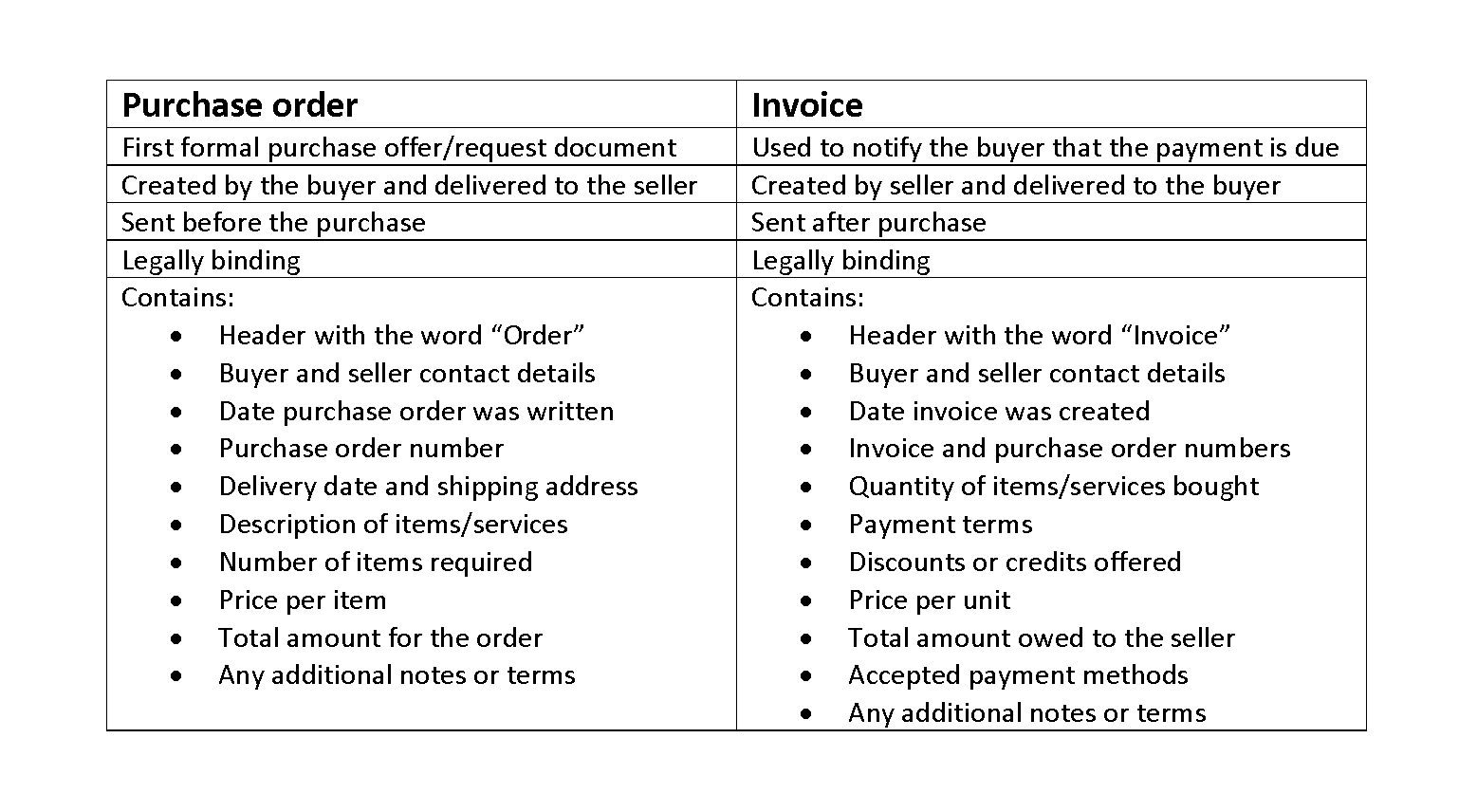
With AP teams, approvers, and vendors working from anywhere, cloud-based systems enable seamless collaboration and ensure uninterrupted operations across distributed teams. Gone are the days of complicated software installations and endless updates. Cloud accounting lets you skip the hassle and access your accounts straight from your web browser or mobile app. It’s simplicity at its finest, freeing you from IT headaches and ensuring smooth sailing ahead. Cloud accounting may be compared to having a knowledgeable adviser at your side who helps you make astute judgements, rather than merely a tool for crunching numbers.
Switch to an accountancy built for growing businesses
Cloud accounting systems use web-based interfaces that allow users to interact with the software through a web browser. This eliminates the need for businesses to install and maintain software on individual devices, as all the processing and data storage happens on remote servers. With a cloud accounting system, businesses can securely access and manage their financial data from any device with a web browser and an internet connection.

Real-time Financial Data Access
Cloud accounting software usually operates based on a subscription, which includes security patches, cloud storage, and even updates. New features are also released from the software provider over time, allowing you to continually stay ahead of the curve when tracking your finances and cash flow. This eliminates the need for costly hardware, and it also means you don’t have to invest your IT resources.

What Is Cloud Accounting? A Small Business Guide

He is known for his pragmatic approach to fiscal policy and governance. Wolters Kluwer uses integration features within CCH iFirm to enable you to connect with banks, HMRC, and clients, through your online assets = liabilities + equity cloud software. Even though there are many clear advantages to using cloud-based accounting software, some firms are rather hesitant to make the transition.
Cloud accounting allows multi-user access and secure online storage on the cloud. Cloud technology might be a new term for various businesses, but it is the need of the time. SMEs and large-scale organizations can use cloud accounting software to streamline their financial management and other accounting tasks. By embracing cloud accounting software for firm management, it becomes possible to not only stay ahead of the curve but to also make sure that you are offering a better service to your clients. If you feel as though you are ready to take that next step in your cloud accounting journey, or if you would like to learn more about cloud software in general, then contact us today. We’d be happy to talk to you about cloud-based accounting software, cloud accounting meaning and the cloud accounting solutions available for your business to adopt today.
- Multiple users from your accounting team can access data files on the cloud and collaborate simultaneously.
- For example, if you have any employee processing payroll, you can give them access just to payroll without them being able to access bank accounts or financial information.
- For example, cloud-based accounting allows an employee to invoice a customer on the road, perhaps just after a service has been performed.
- These trends and innovations will shape the future of cloud accounting, offering businesses new opportunities to streamline their financial processes, improve accuracy, and make data-driven decisions.
- However, with cloud accounting, you are less worried about these tasks.
- Certinia Accounting leverages the power and flexibility of the Salesforce platform to deliver a sophisticated yet user-friendly solution.
- Cloud accounting software will continue to evolve and adapt to the changing needs of businesses, offering more advanced features and integration capabilities.

Cloud accounting is probably a time-effective solution for businesses to cut costs and improve productivity. It eliminates the cost of maintaining an IT infrastructure in your company. The easy-to-understand interface allows everyone to operate the software and perform necessary tasks. Your business needs will change with time; what if you need extra resources to cater to your accounting demands? Growing businesses usually accommodate more users and can expand their operations. Online business accounting is different from old software in many ways.
- Cloud accounting is becoming more appealing to businesses of all sizes, as those who aren’t using cloud accounting platforms will fall behind.
- It offers configurable matching rules and algorithms to identify and resolve variances in general ledger accounts and makes the financial data SOX-compliant and audit-ready.
- This is easier for cloud accounting solutions as many can be connected with other online solutions.
- With cloud accounting software, the data is stored on remote servers, which can be accessed from any device, whether it is a phone, tablet, or desktop, as long as there is an internet connection.
Cloud services like DigitalOcean and AWS enable rapid business adaptation. Each team member is given an Bookkeeping for Painters individual password to access the cloud platform’s dashboard. You can easily access “the cloud remotely from anywhere as long as you have an internet connection and can access the log-in portal from any device. This enables you to streamline your whole business process and cut down on time consuming administrative tasks.
- Switching to remote accounting empowers your business with modern tools to streamline processes, improve efficiency, and support growth in a competitive environment.
- Additionally, cloud accounting provides enhanced security measures to protect your financial data.
- Having a dedicated IT support team or working closely with your cloud accounting provider can help resolve these issues and ensure smooth operations.
- Gone are the days of needing to be tied to a specific computer in the office to access your accounting software.
- However, due to the scalable and on-demand nature of cloud computing services, it can occasionally be challenging to define and anticipate costs and quantities.

However, with cloud accounting, you are less worried about these tasks. The easy-to-understand interface of this web-based software can remove the tension of administrative tasks. Cloud Bookkeeping is a transformative tool, offering real-time data access, automated processes, and advanced technologies to streamline operations and drive smarter decisions.

